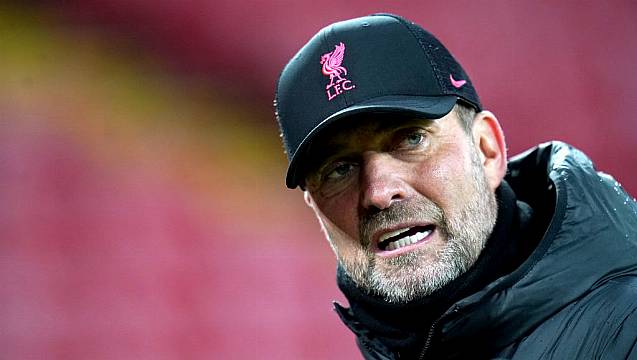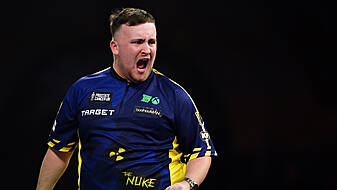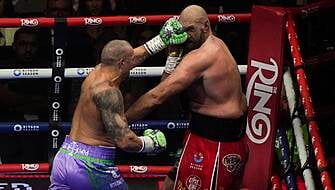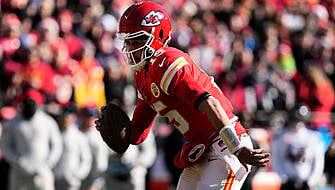Unvaccinated players face being shunned in the January transfer window, with clubs across the country expressing reluctance to sign them.
The Premier League revealed on December 20th that 16 per cent of its players were yet to receive a single dose of a Covid-19 vaccine, while the EFL said one in four players in its three divisions had no intention to get vaccinated when it published an update on December 16th.
Top-flight managers Jurgen Klopp and Steven Gerrard have expressed reservations about signing unvaccinated players. The Liverpool boss has described such players as “constant threats for all of us”, while his Aston Villa counterpart said a player’s vaccination status will be considered when looking at potential new recruits.
Manchester United interim manager Ralf Rangnick has also said that a player’s vaccination status could be a consideration.
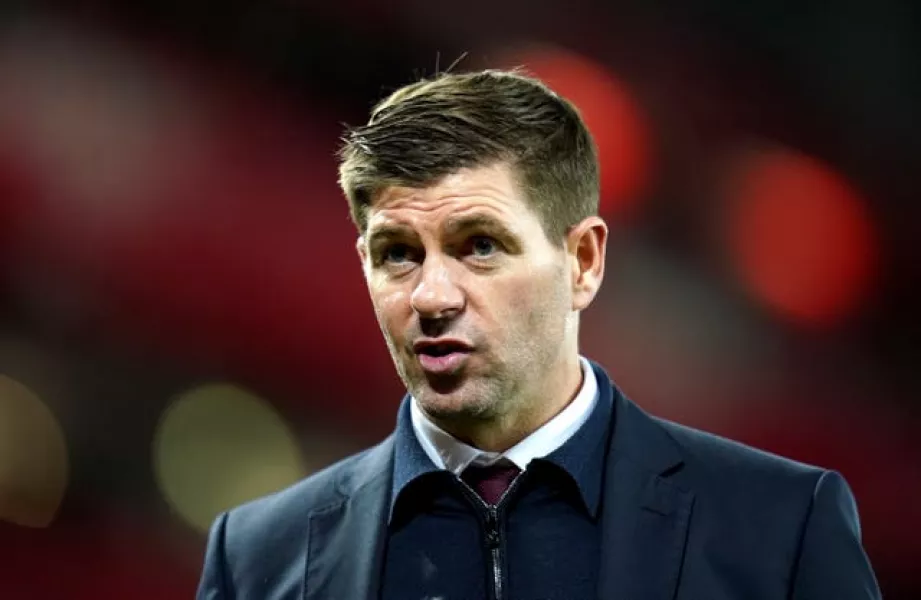
Being double or even triple-vaccinated does not prevent someone becoming infected with Covid-19, or transmitting the virus to others. However, one key difference for clubs to consider is that unvaccinated players must automatically isolate for seven days if they are deemed to be a close contact of someone who tests positive, whereas those in the same situation who are double-vaccinated can continue to train and play provided they test negative for seven days after the contact.
Players in the Premier League are taking lateral flow tests on a daily basis in any case under stricter protocols brought in to tackle a sharp rise in cases which have forced a raft of postponements, alongside PCR tests at least twice a week.
Similar disruption has occurred in the EFL, and there is reluctance at this level too to add players who are not fully vaccinated to squads in January.
A director of a League One club told the PA news agency: “It is undeniable that a player’s vaccination status will have an impact on whether a club would want to buy them.
“We have a small squad and a backlog of fixtures. Losing a player at this stage of the season is simply a risk we can’t afford to take.”
A senior executive at another third-tier club said: “We will be reluctant to sign any unvaccinated player. We have discussed this with other clubs and most are agreeable.”
Dale Vince, the chairman of League Two leaders Forest Green, said: “We have a handful of unvaccinated players who we’re keen to persuade to get vaccinated, and I think we would be very reluctant to take on a new player that is not vaccinated, or not willing to get vaccinated.

“It increases the risk for the whole group and for the club of disrupted games or weakened squads, and it’s a risk that we don’t want to take and see no point in taking.
“It’s not something we’d be keen on at all.”
Even those who represent players are concerned about the role vaccination status will play in the upcoming window.
The boss of one sports management agency told PA: “I can imagine that it will increasingly become an issue.
“If you take the decision to remain unvaccinated then I think you are adding a potential barrier to a recruitment opportunity. Would it be a determining factor? I’m not sure it would.”

Maheta Molango, the chief executive of the players’ union, the Professional Footballers’ Association, says his organisation is doing its best to ensure players receive the best possible scientific advice when it comes to vaccination.
He also warned against “overly simplistic” policies towards unvaccinated players in an interview with PA in December, whether related to recruitment or forcing them to train and travel separately to their vaccinated team-mates.
Burnley manager Sean Dyche said a player’s vaccination status “wouldn’t be the first thing” the club considered when looking at new recruits, adding: “I think it’s everyone’s right to make a decision.
“I’m pro (vaccination) obviously, and I’m pro it with my players, but they still have their own right to make a decision, until someone suggests that you have to do that, that you have to be vaccinated.”
